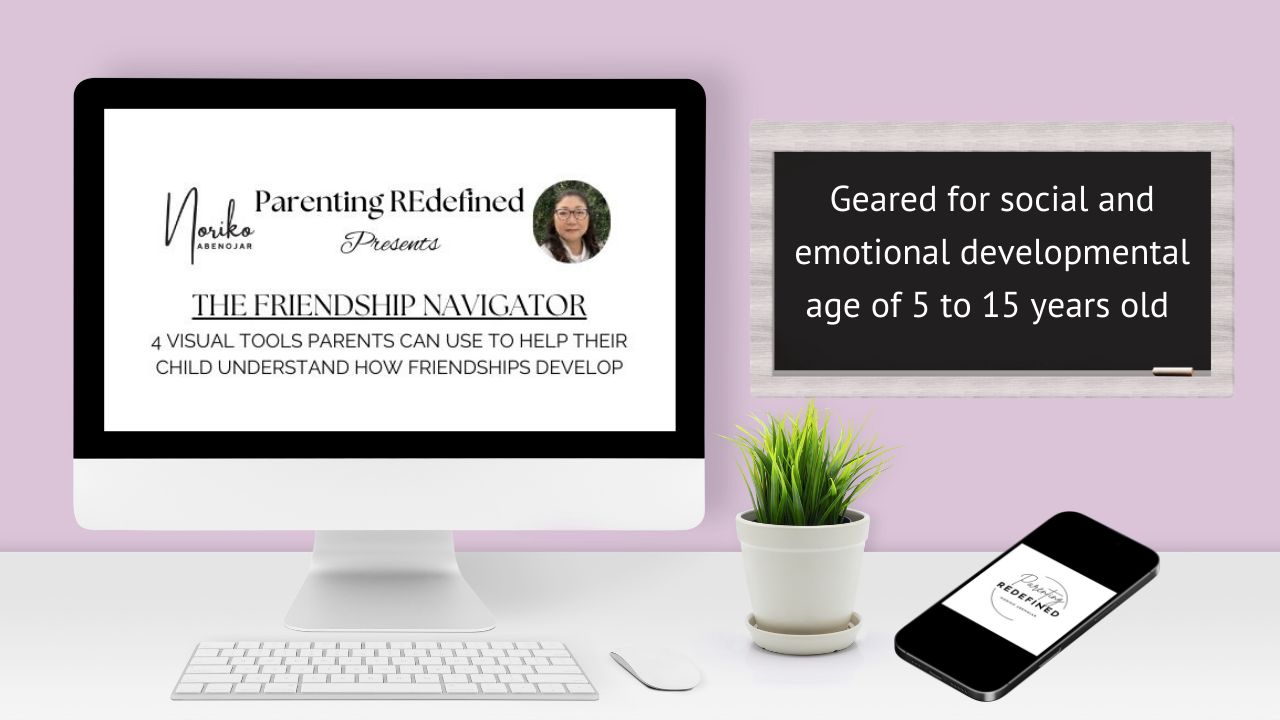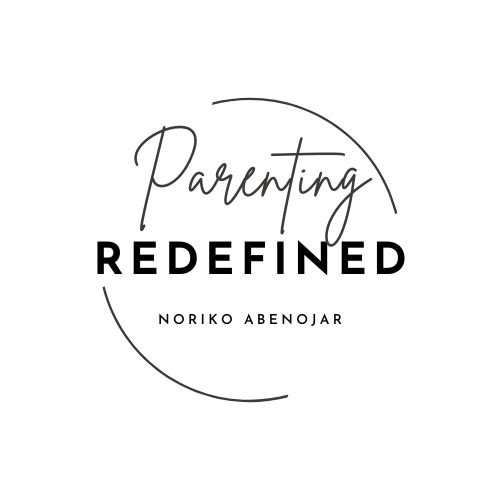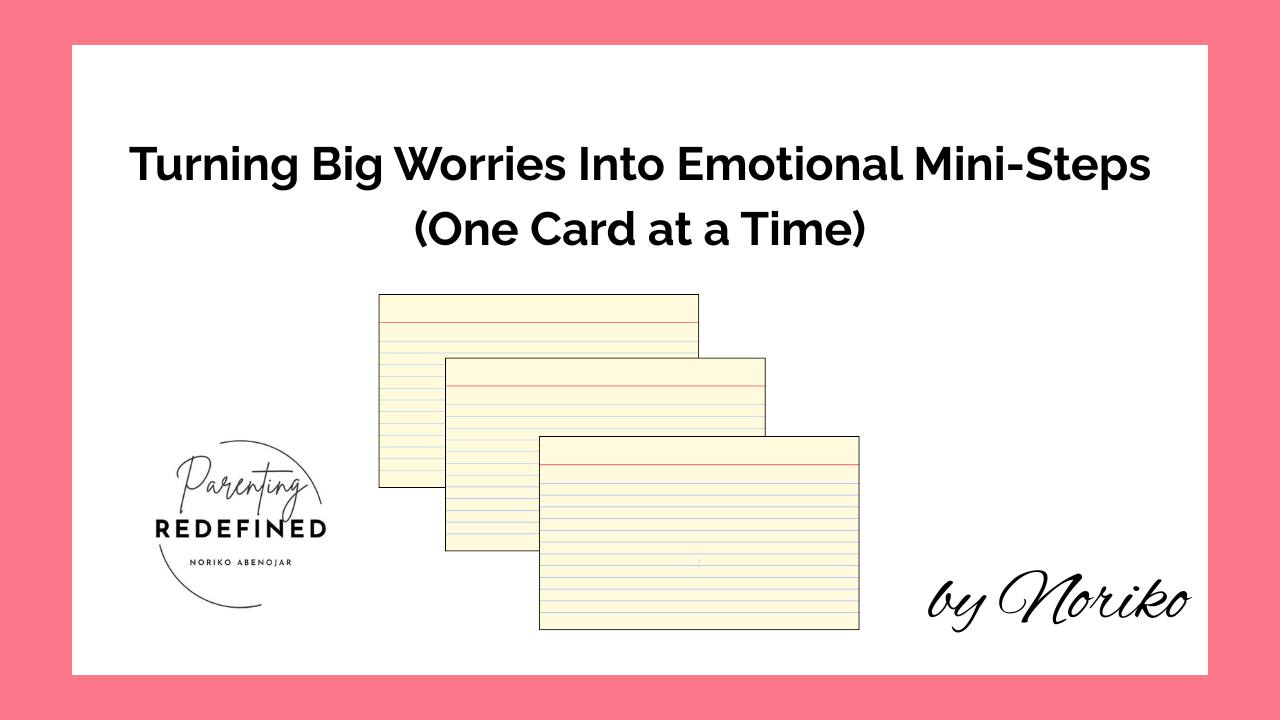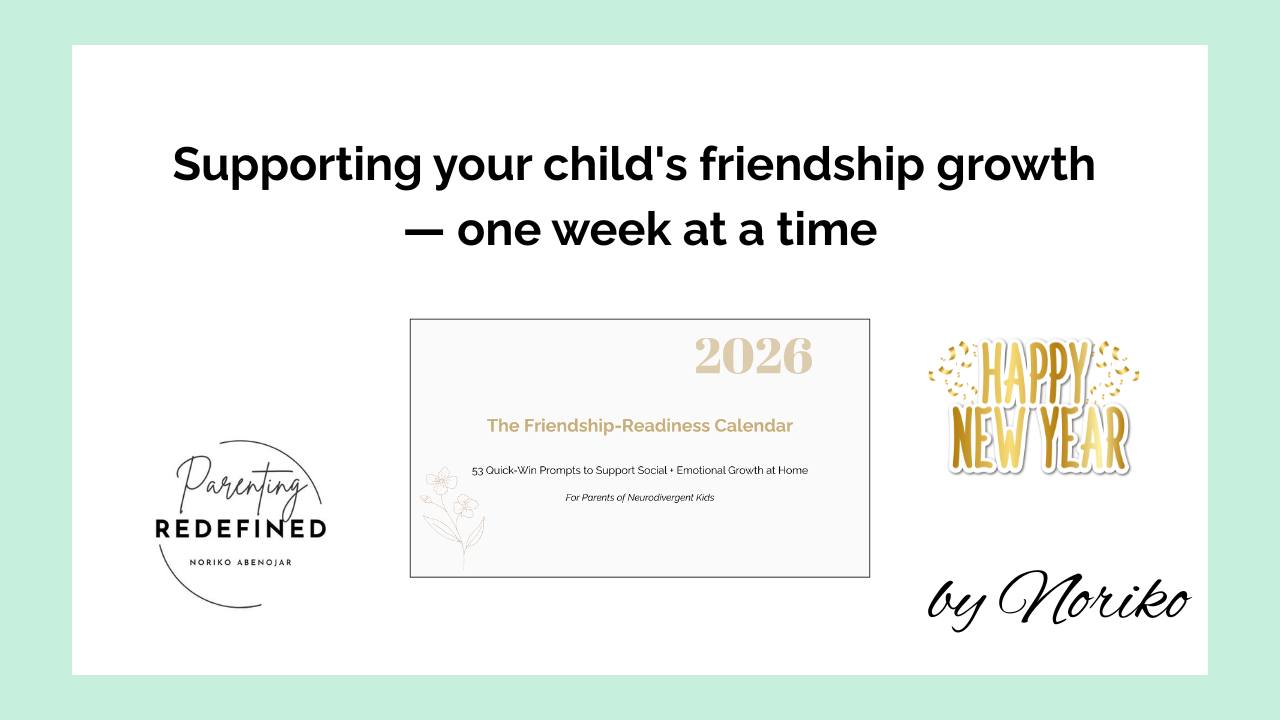Spring Allergies, Windy Days, and Behavior Swings: What Parents Should Know

$0 FOR VIDEO AND WORKBOOK COMBO
✨When you finish watching, be sure to 'mark as complete' inside your portal to receive your certificate of completion!
✨IF YOU ARE A CURRENT SCLC FAMILY, I strongly encourage you to watch this to make the most of our time together!
➡️🔗www.NorikoAbenojar.com/Newsletters to view all past newsletters
➡️🔗www.NorikoAbenojar.com/Masterclass ~ check them out!!
➡️Keep reading even more for: NORIKO’S NOTES: sharing my life’s simple joys 💜
🌿Something in the Air:
Why Spring Weather and Allergies Impact Kids’ Emotions and Social Skills
Have you ever had one of those days where your child is extra sensitive, emotional, or just not themselves… and the only thing different was the wind?
Over the years, I’ve heard so many teachers, including my sister who is a teacher say:
“We always expect harder days when it’s windy. It’s like the whole classroom feels more reactive.”
Teachers do really brace themselves on windy days.
Spring doesn’t just bring sunshine and flowers—it also brings pollen, temperature swings, and windy days that kick everything up a notch. For sensitive kids, these environmental changes can throw off sleep, focus, emotional regulation, and even social interactions.
🤧 Let’s Talk Allergies
One major culprit? Seasonal allergies—also called allergic rhinitis.
Even if your child isn’t sneezing all day, their body might still be reacting to pollen, dust, or grasses in the air. It’s like their immune system thinks there’s a threat and shifts into battle mode—sending histamines throughout the body.
Here’s how that can quietly affect your child:
-
Stuffy nose + itchy eyes → poor sleep
-
Poor sleep → more irritability and less patience
-
Inflammation → brain fog, trouble thinking clearly
-
Brain fog → struggles with following directions, emotional regulation, or social nuance
And there’s science to back it up.
🧠 A 2021 study published in Pediatric Allergy and Immunology (Papapostolou et al.) found that kids with seasonal allergic rhinitis scored lower on cognitive tests during allergy season.
Their processing speed slowed down as their allergy symptoms increased.
Interesting findings, right?!
Your child is reacting to their environment
💨 Let's Talk Windy Days
I went digging a bit; this one didn't have a ton of research behind it yet—but ask any seasoned educator or parent, and they’ll tell you: windy days often mean more dysregulation. You might see more kids covering their whole head inside their hoodie, even if it is a hot day.
Here’s why that might be:
-
More pollen and dust gets blown into the air = more allergy triggers
-
Loud whooshing or swirling air = sensory overload
-
Rapid weather changes or air pressure drops = physical discomfort, restlessness, even headaches
Especially for kids with ADHD, autism, anxiety, or heightened sensitivity, these subtle environmental stressors add up fast.
So when we see big feelings, short fuses, or withdrawn behavior, it’s worth asking:
“Could it be the weather?”
“Could it be their body reacting to something in the air?”
It is good to keep in mind if their nervous system is working really hard just to keep it together, especially at school.
We'll discuss more on Thursday for the part 2 newsletter! See you then.
NORIKO'S NOTES: sharing my life's simple joys💜
What is your favorite food? I have so many but one of my top: Carne Asada Burritos!! My office is a 30 second walk to Tacqueria Guadalajara in Davis. It's a bit TOO convenient! As much as I love their burritos, I have to say nothing beats the burritos you can get in San Diego!! My husband's favorite is Roberto's in San Diego. Those of you from San Diego or spent any time there, is it giving you warm fuzzy feelings??

I didn't realize how often I take selfies with the Roberto's sign until I went looking for this photo in my cameral roll. I found 3 just in a quick search LOL
Thank you for letting me share my simple joy💜 .
Gratefully yours,
Noriko
ONLINE MASTERCLASSES NOW OPEN:

FREE - The Abenojar Social Growth & Mastery Framework™ Masterclass is here!

FRIENDSHIP NAVIGATOR - 4 Visual Tools Parents Can Use to Help Their Child Understand How Friendships Develop
Please Help Spread the Word!
The more awareness we bring to the importance of social skills development, the more schools and workplaces will recognize the importance of inclusivity and the need for meaningful social support.
Please share this link: Parenting REdefined Newsletter (www.NorikoAbenojar.com/subscribe) to friends, families, teachers, or other professionals - encourage them to subscribe so that they don't miss announcements and new newsletters.
Noriko Abenojar, MSW PPS
Parenting REdefined
www.NorikoAbenojar.com
www.SocialAndCognitiveLearningCenter.com
Instagram: @NorikoAbenojar
Facebook: Parenting REdefined by Noriko Abenojar MSW PPS






Responses